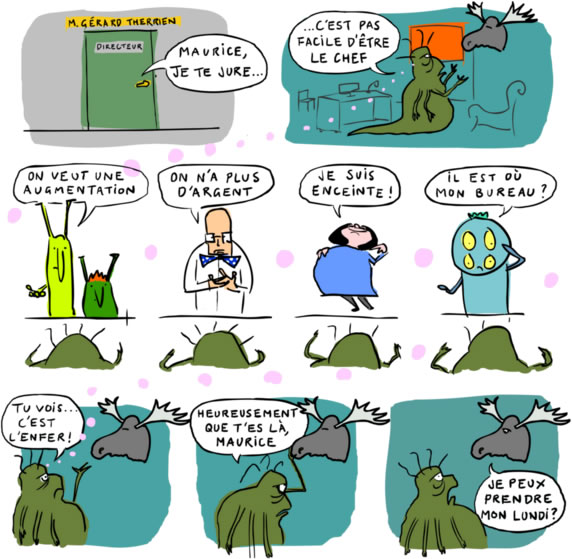This week I am doing a course in Scottish Gaelic songs at Sabhal Mòr Ostaig, the Gaelic college on the Isle of Skye. While all the songs I’m learning are in Gaelic, the class it taught mainly in English, so I don’t get to speak much Gaelic in class. Outside class there are plenty of opportunities to speak Gaelic with college staff and other students, who are doing courses in language, fiddle or step dancing.
This is my fifth visit to the college, and each time my Gaelic gets a bit better. I rarely speak it at home, apart from to myself, but do listen to online Gaelic radio and occasionally read things in Gaelic. I tend to mix Irish and Scottish Gaelic a bit as I know a lot more Irish, and if I don’t know how to say something in Scottish Gaelic I try it in Irish. Sometimes it works.
On the way here and in the college I’ve heard and/or spoken quite a few different languages – plenty of English and Gaelic, and also Spanish, Italian, French, Irish, Welsh, Mandarin, Japanese, Russian and German. So this is a good place to practice a variety of languages.

